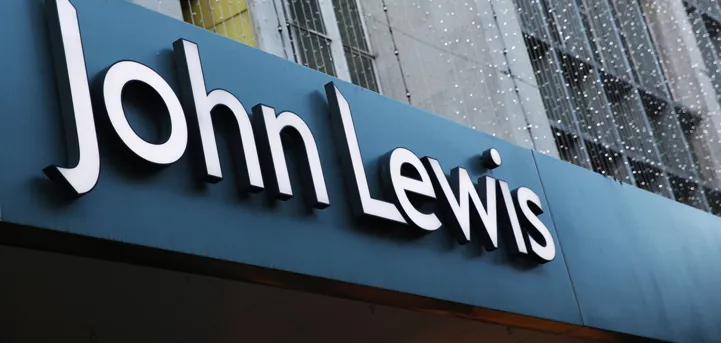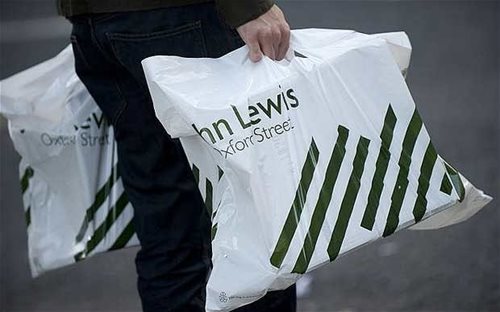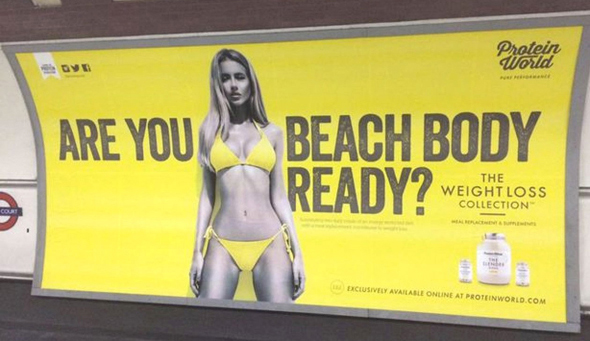


Why Brands Must Realise Social Media Is Not The World...Yet
With John Lewis unveiling gender neutral tags for its children's clothes, we ask whether brands should forsake loyal customers for those who shout loudest on Social Media.

Social Media is not the world. Well, not yet it isn’t.
That might seem an unusual position for an agency to take in 2017. But, in light of the backlash John Lewis received over their decision to remove gender labels from their children’s clothing, it is something brands would do well to remember.
I’m not about to debate that decision, but I am interested in what might have influenced John Lewis to make it. Do we give too much power to the weight of feeling and general mood on social media? Does a tweet carry more weight than the voice and opinion of the man in the street? Have brands become too fearful of social media users, or could it even be, as one column suggested last week, an attempt to ‘get down with the kids’?
From Tumblr to Twitter, gender stereotypes have long been a cause célèbre for the internet, but is that any wonder? A look at the demographics for any of the major social networks would reveal a skew towards younger users. Combine this with the idea that millennials are generally more liberal in their views, and you could see how brands who place too much importance and focus on social sentiment could end up going down one path, discounting the views, sensibilities and habits of a large part of their audience who perhaps aren’t on social media – or at least not active across a plethora of platforms.

To take John Lewis as an example, 61% of their customers are aged 34 or over, with more than a quarter older than 55. The UK has around 39.4 million people aged 30 or over. If we look at Facebook’s UK user base, 22.8M are aged over 30. That leaves 16.6million not on Facebook, a sizeable voice – or consumer base - to ignore.
We’ve heard plenty about the echo chamber and filter bubbles over the last 18 months, and this presents a similar problem for brands, albeit on a much larger scale. If you’re only listening to the views of those customers, clients and influencers on social media (or assuming they’re representative of your whole costumer base), you aren’t getting the full picture. You have a huge number of customers for whom the consensus on social media may not speak.
That’s also why, whatever you thought of the campaign, it was so interesting to see Protein World stand firm in the face of the online backlash to their ‘Beach Body Ready?’ advert. There was a palpable sense of social media users feeling genuinely affronted that this company had chosen to stand up for themselves, rather than backdown. These days, companies are supposed to issue an apology, cancel the campaign and backtrack fast because Twitter said so. But, in an era where ‘authenticity’ is the holy grail of content and engagement, what does that do for the integrity of a brand?

So, as social media networks spread their tentacles further and further, it is worth brands remembering, that those users don’t speak for everyone. Yet.
Posted 13 September 2017 by Ben Waterhouse